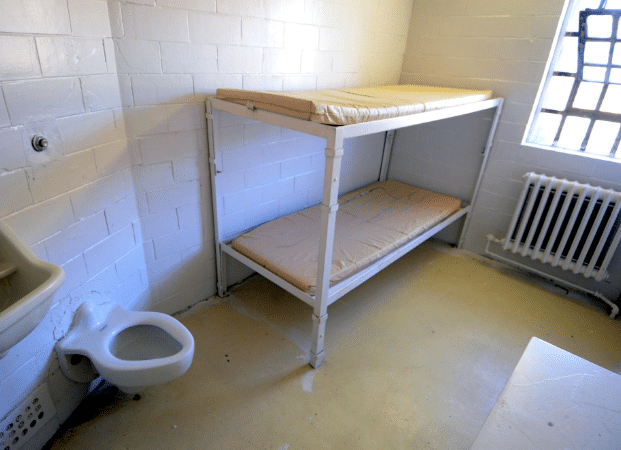What time do prisoners go to bed in UK?
What time do prisoners go to bed in UK? The time that prisoners go to bed in the UK can vary depending on the prison and the specific regime in place. However, in general, prisoners are required to follow a set schedule that includes a designated bedtime.
There is no specific time that prisoners have to be in bed or asleep by. Once they are locked in their cell for the evening after the last S&D’s (usually after dinner) they are free to do what they please inside their own cell. Whether that be write a letter, read a book, watch TV, make dinner with the food they’ve received plus kettle cooking or make phone calls using the incell telephone.
Some prisoners go to sleep as early as possible to wish away the day as thats another day off the total, others will stay up late, listen to music, watch TV or socialise with their cell mate.

What time do prisoners go to bed in UK?
According to the National Offender Management Service, the standard daily regime for adult male prisoners includes a period of lockup from 5pm to 8am, during which time prisoners are expected to be in their cells. Lights out can vary depending on the prison, but it is typically around 10pm or 11pm.
For female prisoners, the schedule may differ slightly, but again, the exact time for lights out and bedtime can vary depending on the specific prison and the regime in place.
It’s worth noting that different categories of prisoners and different types of prisons may have different schedules and routines, so the specific bedtime for prisoners may vary. Additionally, prisons may have different rules and policies regarding what prisoners are allowed to do during lockup, such as reading, watching TV, or engaging in other activities.
CAT D Prisoners are slightly different. With it being an open prison, your doors are not locked and usually free to roam the wing or billet of the CAT D Prison. The only time you are expected to be in your room is for Roll call which is around 4 times a day morning, lunch, dinner and before bed. You have more freedom them to choose your own sleeping routine and especially if you dont have cell mate.
You can read more about the prison regime from the prison reform trust



